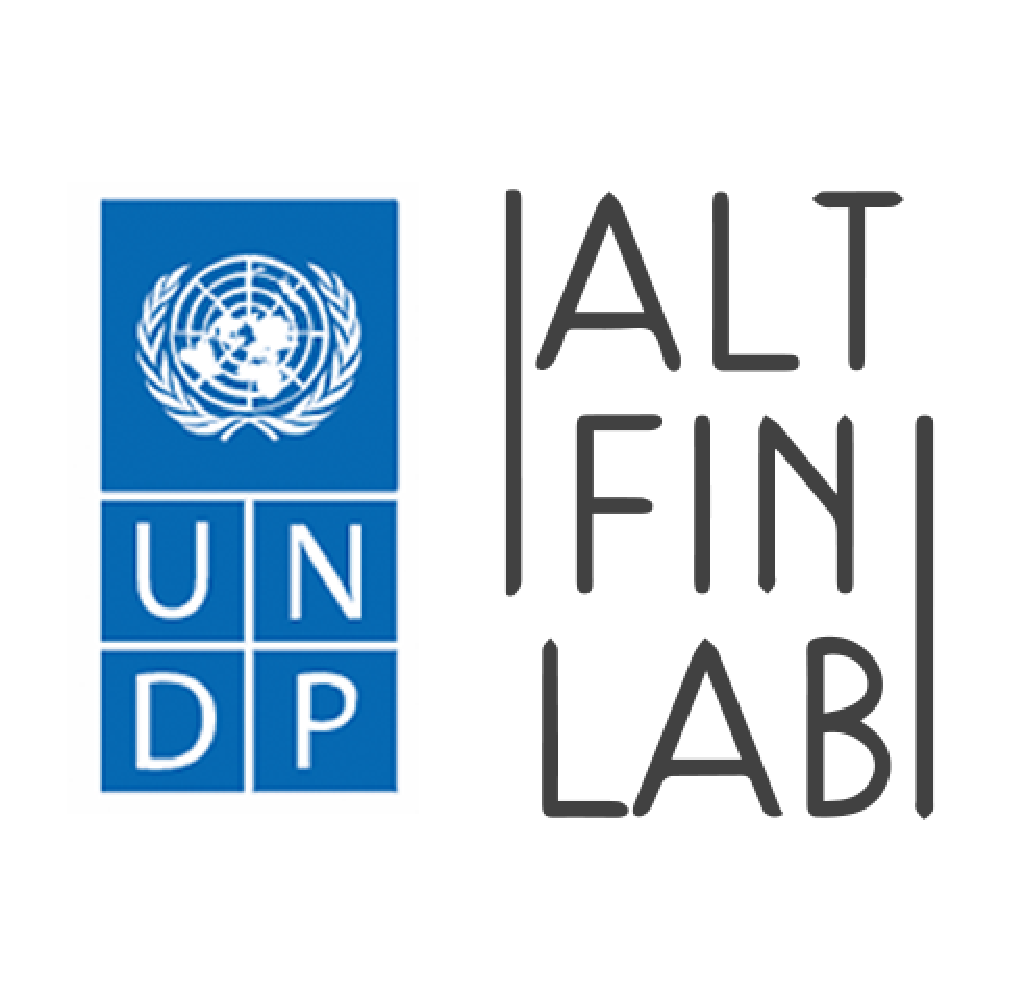
Identifying Price Influencers of tokens on Decentralised Exchanges through Social Media Networks
Project Overview
This project explores the influence of social media on token prices within decentralised exchanges (DEXs), where lower liquidity and fewer users make prices more susceptible to external manipulation. While previous research has established the impact of social media on centralised exchanges, this project aims to fill the gap by investigating similar effects on DEXs. Using network science methodologies, the project will identify key social media influencers who drive market trends on platforms like Twitter, Reddit, and Telegram. It will also establish correlations between social media activity and abnormal on-chain transactions, develop early warning indicators for potential market manipulation, and create a comprehensive dataset of major tokens. The findings will provide valuable insights to enhance DEX security and efficiency, while contributing to the broader understanding of how social media shapes decentralised markets.
Abstract
This project investigates the influence of social media on token prices within decentralised exchanges (DEXs), where lower liquidity and fewer users make prices more vulnerable to external factors. Building on existing research that links social media activity to price movements on centralised exchanges, this study aims to test whether similar dynamics apply to DEXs. Using network science methods, the project will identify key influencers on social media platforms that significantly impact token prices, contributing to a deeper understanding of how information dissemination affects decentralised markets.
Background
Previous research has shown that social media can significantly influence cryptocurrency prices, particularly on centralised exchanges. Studies such as those by Mai et al. (2018) and Guske and Bendig (2018) highlighted the predictive power of social media sentiment and activity on Bitcoin prices and ICO funding. Similarly, recent work has demonstrated that prominent figures, like Elon Musk, can impact short-term cryptocurrency returns, as seen with Dogecoin. While these studies focused on centralised exchanges, decentralised exchanges (DEXs) are even more sensitive to social media influences due to lower liquidity and trading volumes. Despite this, no research has yet explored the specific impact of social media on token prices in DEXs. This project aims to bridge this gap by investigating how influencers on social media affect token prices on DEXs, leveraging network science methodologies to identify key opinion leaders in these decentralised markets.
Objectives
The primary objectives of this project are to identify key social media influencers who impact token prices on decentralised exchanges (DEXs), establish a correlation between social media activities and abnormal on-chain transactions, and develop early warning indicators for potential market manipulation. By analysing platforms like Twitter, Reddit, and Telegram, the project will uncover how influencers drive market trends on DEXs. Additionally, it aims to create a comprehensive social media dataset for major tokens and develop new centrality measurements to accurately identify opinion leaders within social comment networks. The project will also provide insights to improve the security and efficiency of DEXs and publish findings in academic journals, contributing to a broader understanding of social media's influence on DEX markets.
Expected Outcomes and Impact
The project’s primary outcome will be to uncover the mechanisms by which social media activities influence token prices on decentralised exchanges (DEXs), with a focus on identifying key influencers whose actions significantly impact these prices. The findings will be published in academic journals, contributing to a deeper understanding of market dynamics. Additionally, the project will provide valuable insights to help investors make more informed decisions and enhance the security and efficiency of DEXs. Rather than developing trading strategies, the focus will be on identifying risks within the DEX market and offering strategies to mitigate them. The methodology developed for this research will be applicable not only to Uniswap but also to other DEXs such as Sushiswap, Balancer, and Curve, broadening the impact across the DeFi ecosystem.
Ecosystem Development
Decentralised exchanges (DEXs) are a vital component of the DeFi ecosystem, yet they often suffer from inefficiencies such as low liquidity and susceptibility to price manipulation by a small group of traders. Malicious actors frequently use social media platforms to promote tokens and influence market behaviour, distorting prices further. This project aims to explore the role of social media influencers in shaping token prices on DEXs, offering insights into the correlation between social media activities and market trends. By deepening the understanding of these dynamics, the research aspires to enhance the transparency and sustainability of the DeFi ecosystem.
Methodology & Implementation
To achieve the project objectives of identifying social media influencers that impact token prices on decentralised exchanges (DEXs), we will employ a blend of network science and event study methodologies. The process begins with data collection, sourcing social media comments from platforms like Twitter, Telegram, and Reddit, and token price data directly from an Ethereum archive node for high-resolution price tracking. We will then construct a cryptocurrency market index to control for broader market influences, using a modified Capital Asset Pricing Model (CAPM) to estimate expected token returns and isolate the effects of social media activities. Network modelling will follow, constructing social comment networks to identify influential individuals using centrality measurements. Sentiment analysis will be applied to assess the tone of user comments, employing existing financial sentiment lexicons tailored for cryptocurrency terms. Finally, an event study will assess the impact of key social media posts on token prices through regression analysis, determining whether the posts significantly influenced token price movements. The project will repeat these analyses across various tokens and influencers to deepen insights into the relationship between social media activities and DEX token prices.
Conclusion
In conclusion, this project aims to address the gap in understanding how social media influences token prices on decentralised exchanges (DEXs), where market vulnerabilities such as low liquidity make prices more susceptible to manipulation. By employing network science and event study methodologies, the project will identify key social media influencers, analyse their impact on token prices, and explore the relationship between social media activity and abnormal on-chain transactions. The findings will not only contribute to the academic discourse but also provide valuable insights to enhance the security, efficiency, and transparency of DEXs, ultimately supporting the growth and sustainability of the DeFi ecosystem.
Progress
Materials
Project Members

Claudio Tessone




